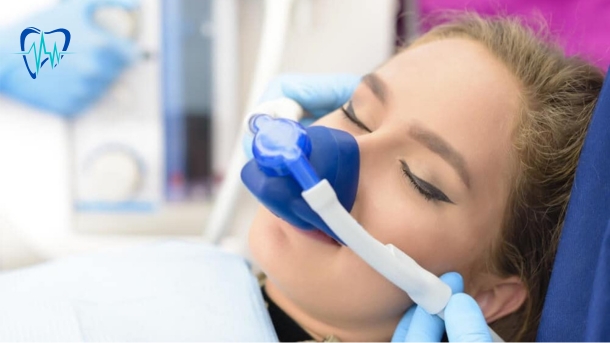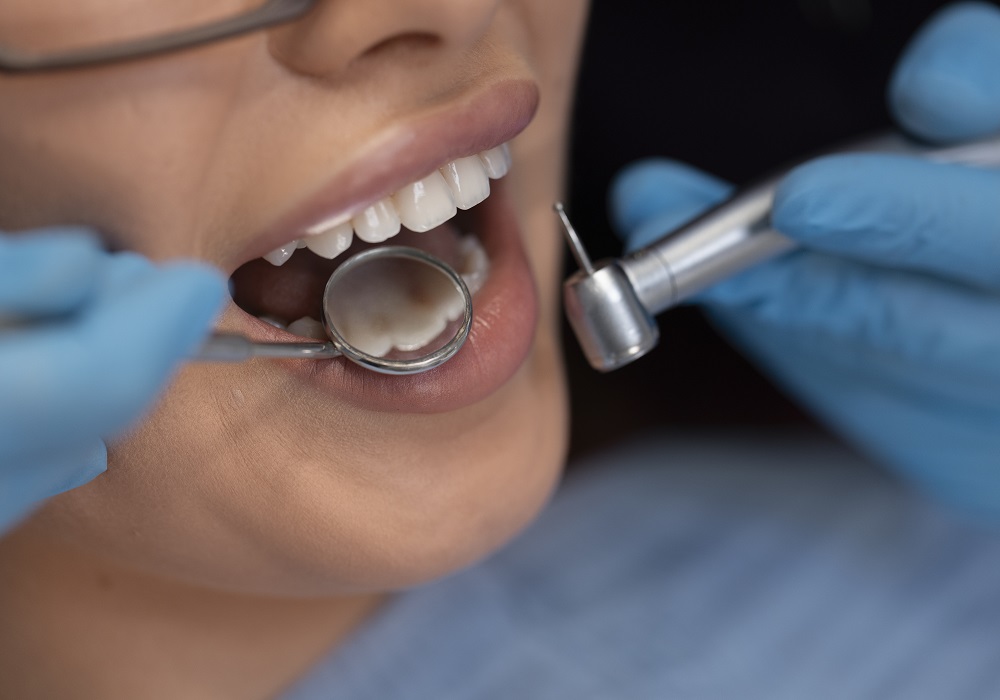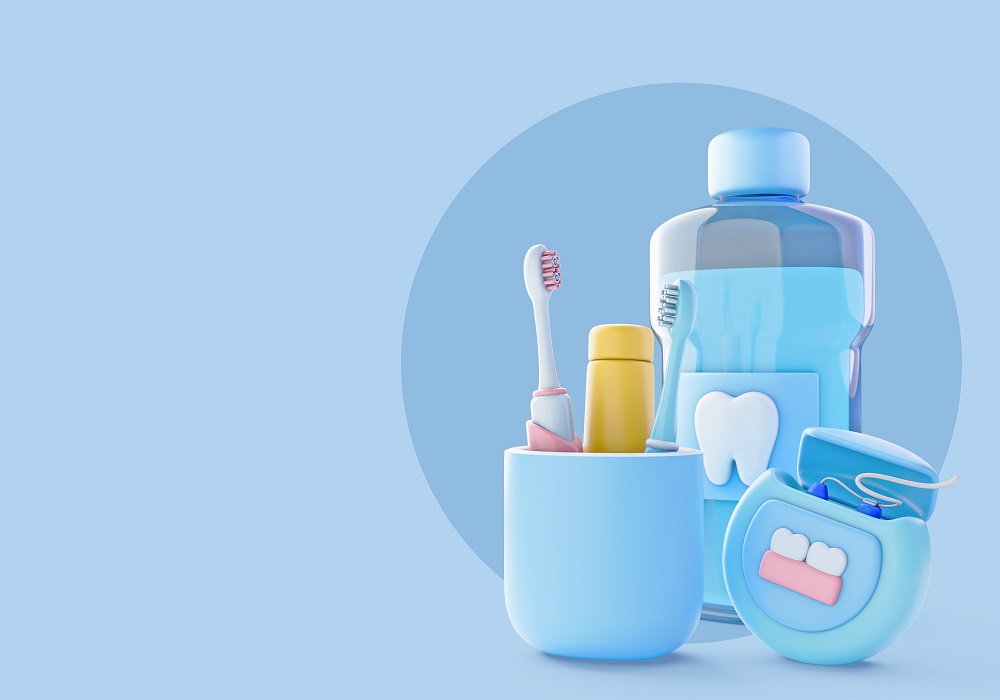What is oral sedation?
Did your dentist recommend oral sedation for your upcoming dental procedure? If so, you’re probably wondering what oral sedation entails. Oral sedation, also referred to as conscious sedation, is a common form of medication to help patients feel calmer during dental procedures. Oral sedation may be recommended for individuals undergoing lengthy procedures who may experience dental anxiety, gag reflexes, trouble controlling physical movements, or other special needs. It is administered in a pill form by your dental professional prior to your procedure. Some of the common medications used include triazolam (Halcion®), zaleplon, and lorazepam. In some instances, such as for children, liquid sedation may be used such as midazolam oral syrup. These medications act to temporarily slow down brain activity, making you feel more relaxed. This form of sedation is moderate, and you are still awake, although it can give you temporary forgetfulness.
Advantages of Sedation Dentistry
Sedation dentistry has numerous benefits as the patient is more cooperative and forgets about dental fear. Some of the advantages include the following:
- Pain-free Dental Experience – Sedation dentistry helps the patient have dental care or treatment without feeling pain or anxiety .
- No Lost Time – Dr. Hawryluk can complete dental procedures that are otherwise time-consuming in less time for sedated patients. Patients no longer have to return for numerous appointments to complete the procedure.
You’ll forget the procedure | Oral sedatives like Valium are strong enough that patients actually forget the procedure and can’t remember anything that happened while they were under sedation.
Slight control | Many patients fear being out of control However, this extremely safe, FDA approved sedative method allows you to maintain some control by being slightly awake and able to respond to your dentist’s instructions.
Disadvantages of Sedation Dentistry
- Increased costs – Dentistry asleep involves having a board-certified medical anesthesiologist, a registered nurse, and the dental team treating you. In addition, there are specialized equipment and import regulations. Therefore, it increases the cost of dental treatment.
- Fewer Appointment dates available – Dr. Hawryluk only provides sleep dentistry services on some of our business dates. These dates are when the anesthesiologist is at our clinic.
- No Driving – You cannot drive yourself home from your sedation dentistry visit.
- Patient Treatment Exclusions – Some patients will not be candidates for outpatient general anesthesia at our clinic.



 Dental Checkup Services
Dental Checkup Services
 Our range of products
Our range of products
 Oral Care Blogs
Oral Care Blogs

Recent Comments